The Mental Health and Physical Activity Certificate is designed for students who have interest in studying courses with a major focus on physical activity participation for mental health and well-being promotion across a variety of populations. These behavioural and psychology based courses addressing topics related to injury, sport, health, and engagement in exercise across the lifespan, include case-based approaches incorporating evidence-informed recommendations and best practices for sustainable physical activity participation. Students will learn about the increasingly important role of kinesiology and physical education in supporting mental health and well-being.
Requirements
Students currently registered in KPE must successfully complete 2.0 FCE from the following Mental Health and Physical Activity Pathway list of courses as part of their BKin degree requirements: KPE322H1, KPE324H1, KPE325H1, KPE327H1, KPE330H1, KPE355Y1* KPE368H1, KPE390Y1*, KPE399H1*, KPE407H1, KPE426H1, KPE431H1, KPE438H1, KPE455Y1*, KPE463H1, KPE490Y1*, KPE495H1*.
Courses with an asterisk(*) have varying topics and will only count towards the certificate if the focus of study/placement is on physical activity for the promotion of mental health and physical activity.
IMPORTANT ELIGIBILITY REQUIREMENTS
- Individual courses may only count towards one identified BKin certificate in addition to counting towards the BKin degree
- Students are limited to a maximum of 3 BKin certificates with their degree
Please refer to this website for further information.
